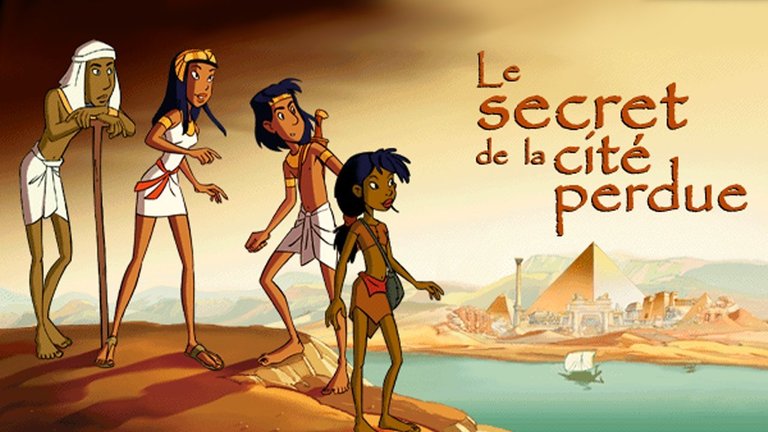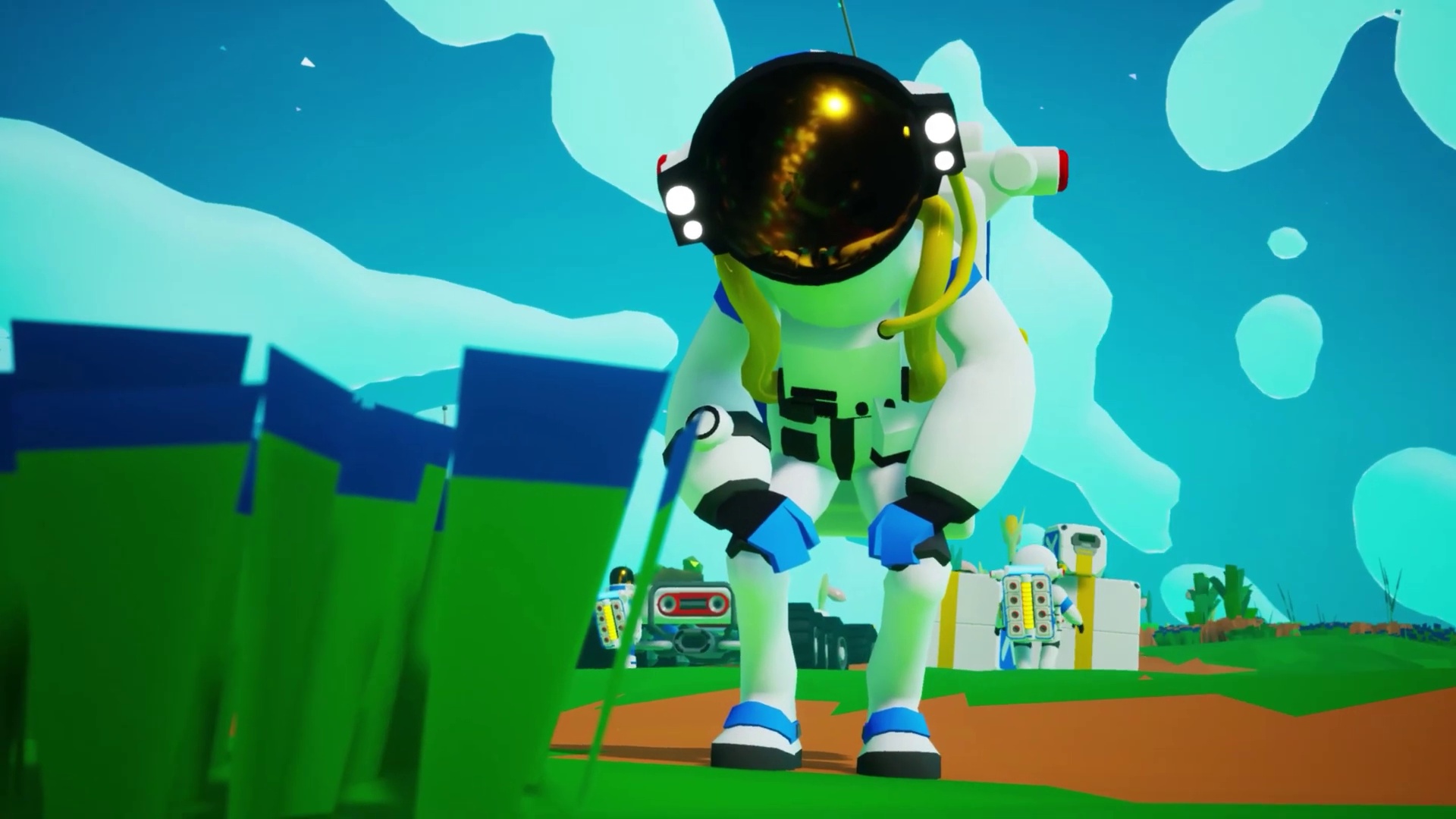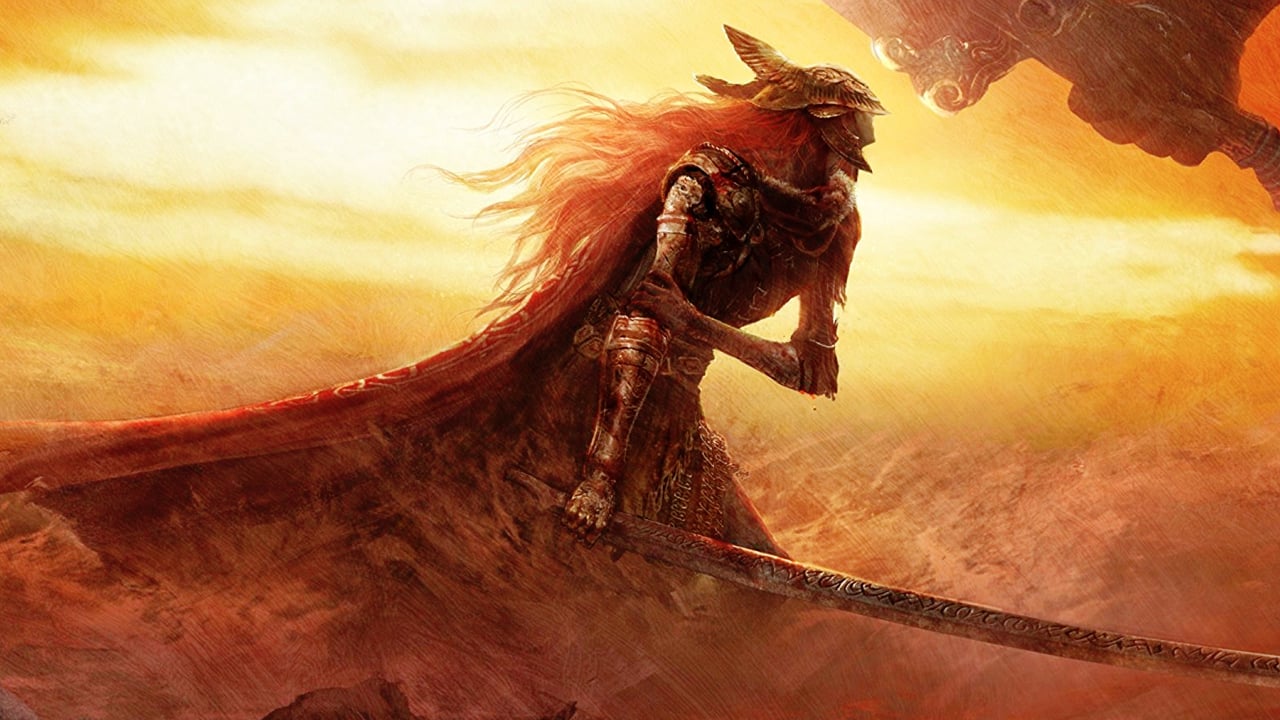Since the 1970s, a small fisherman on the banks of the Nile has given thousands of young readers the desire to discover Egyptian mythology. Building on its success, Papyrus (the hero introduced by Lucien de Gieter) offered an animated series and video game adaptations in the 1990s. Papyrus: Mystery of the Lost City is one of those adaptations that try to offer both adventures close to the original work without offering sloppy gameplay.
Based on the cartoon papyrus of the same name: The Secret of the Lost City plunges us into the heart of the plot. Just like in the cartoon, players have to free Horus from the magical sarcophagus in which he was trapped by Seth, the god of evil. But in the cartoon, the heroes have 52 episodes to make this happen. If you embark on this quest, you will only have time for one eclipse to save Egypt.
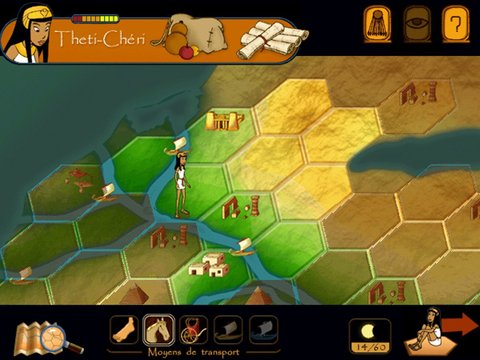
Exploring Egypt can come with some surprises
The game can be played entirely with the mouse and is presented as an adventure game with a turn-based movement system. Depending on the difficulty chosen, the player has a limited number of rounds to find the lost city. Each round is represented by the progression of the moon over the sun and gives the player the opportunity to move. The character moves on a board that is divided into fields on which various events can occur. You can visit a city, a temple, a market, encounter an enemy, or find nothing at all. Yes, in the desert like on the banks of the Nile, the action is not necessarily there.

Horus in danger, boat on the Nile …
By integrating RPG elements, you will have to manage your character’s health, but also their equipment. In this regard, the game is a good introduction to role-playing games for the little ones. The barter system can be used to buy items to facilitate progress: equipment, companions, mounts … Be careful, it’s not as thorough as a classic RPG. It is not a repair system for items or levels / skills to manage. However, the combat system is directly inspired by the genre’s heyday.
During his movements the player can encounter enemies: priests of Seth, barbarians, but also demonic dogs or crocodiles. In the event of a bad encounter, there are two options: fight or flee. When a fight is initiated, the combat system is the same as in a turn-based RPG. The player decides the actions of each of his characters: attack, guard, combination of the two or special attack (only for the main character). Fighting, while instinctive and fun enough, can be frustrating in two ways. The first is the order of attack. It is impossible to know in advance who is attacking or if the enemy will attack twice before it is the player’s turn. The second concerns the damage done. These vary greatly, depending on the opponents, the attacking character and the items equipped. But even if there are some items that add to the main character’s attack, it is sometimes very difficult to notice. This makes some collisions very long and stressful.
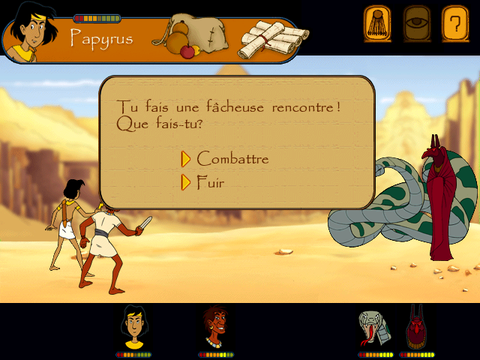
In the face of a giant serpent and an evil priest, wisdom is all right
Beyond its RPG dimension including turn-based combat, Papyrus: The Secret of the Lost City is above all a puzzle and adventure game. Finding the clues to find the location of the city (as well as the patron god and the right amulet, depending on the difficulty chosen) is a central point of the title. The player must therefore be strategic both in his way of moving and in the places he wants to explore.
Let’s talk about the side mini-games. Not only do they add a little variety to the gameplay, but they can also go a long way in promoting the quest for the city. Papyrus and his friends can come across 3 different events during their adventures. The first one looks like a maze when viewed from above, which can be used to restore half of an amulet. More entertaining, it requires speed and thoughtfulness. For this no mouse click, but the use of arrows. Even if it stays simple (the game is basically intended for a young audience, let’s not forget), we quickly get drawn into the game.
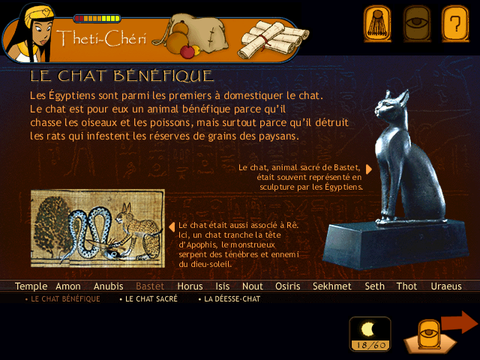
Always keep knives out of the reach of cats
The second test is a store in which objects and clues can be restored. However, the limited number of tries makes this mini-game quite frustrating, especially as the order of the squares changes with each visit.. Finally, the final mini-game is a quiz that deals with Egyptian mythology and history. This one is pretty thorough too. To help players out, documentaries are available in temples, towns, and markets. Very clear and illustrated, they bring a real educational dimension to the game. The youngest can discover the history of the gods, information about Egyptian traditions, but also about the daily life of the farmers. We advise you not to neglect this part, as it is thanks to this information that great rewards can be obtained against the hermit.
If the gameplay is designed for young players, the game will stay exciting as an adult too. This is partly due to its realization, which is very close to that of the cartoon. Color-like decors show the full beauty of the Nile Valley in the most remote areas of the desert. Despite the sound concerns that were already present on the CD-Rom version at the time, the player dips into the atmosphere quite easily, especially if he’s a fan of the series / comic.
The notes
+Good arguments
- A visual universe that stays true to that of the cartoon
- Four different levels of difficulty
- The ability to play up to 4 players in the same game
- Music reminiscent of the cartoon …
- A gripping adventure …
– –Negative points
- The sometimes very random aspect of the fights
- Sound problems
- An animation sometimes simple, even for the time being
- … but composed of loops of 3 to 10 seconds that are repeated in a loop
- … despite the fact that a game ends in a maximum of 2 hours
Papyrus: The Secret of the Lost City is not a simple adaptation for fans, but offers a gripping and really entertaining adventure. If the game has some flaws that can put off RPG fans, the youngest ones will have fun looking for clues in every corner of Egypt. True Madeleine von Proust for many players, the mix of investigation, adventure and combat works well. Despite its advanced age, the game is ideal for (re) discovering the adventures of Papyrus and Théti-Chéri.
iGamesNews users
May 15, 2021 at 7 p.m.
What the readers say (8)
Read the readers’ reviews
Give your opinion on this game!

